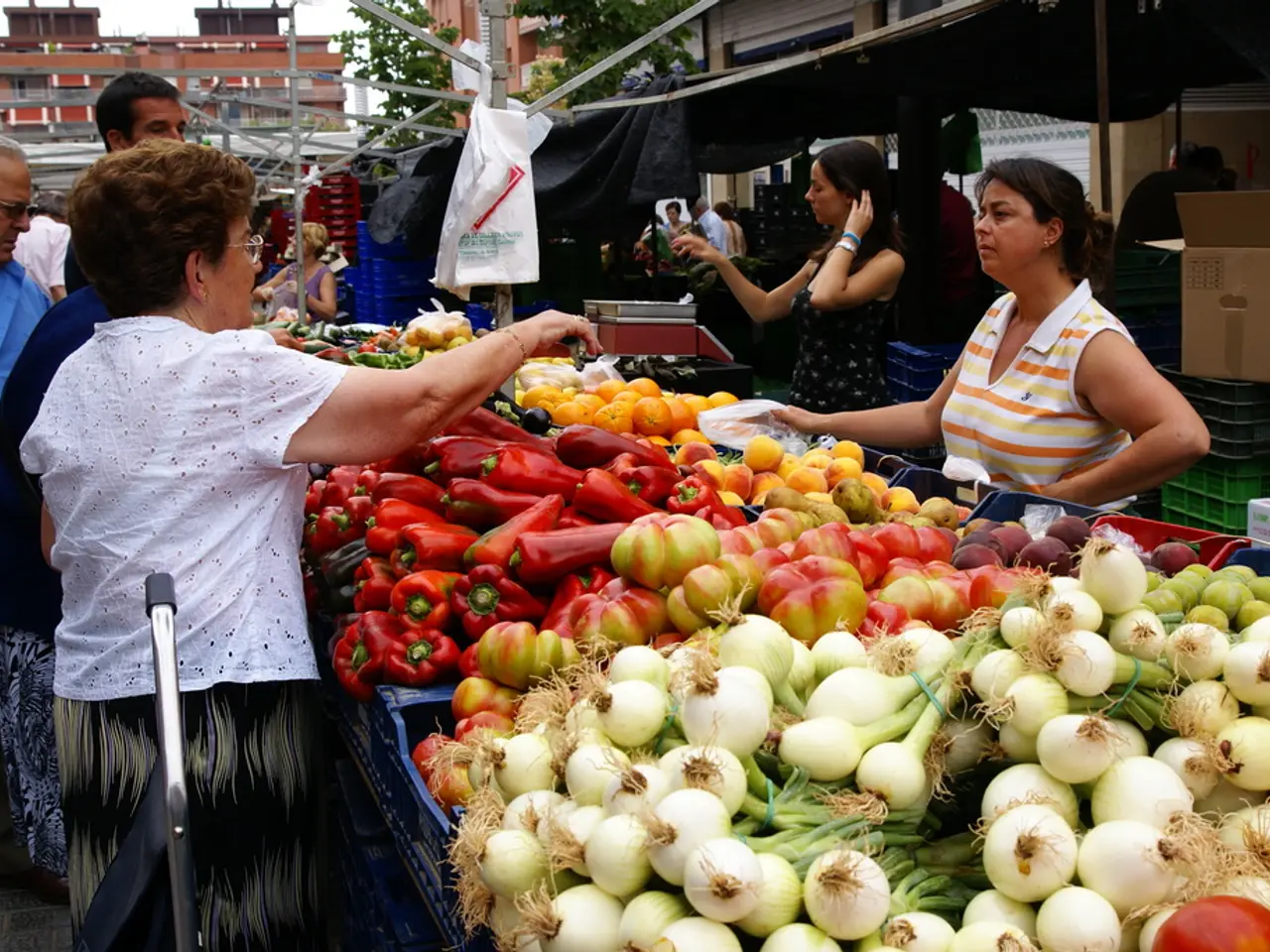"French Minister for Environmental Transition voices disapproval: 'Plastic pollution is simply intolerable'"
International Treaty to Combat Plastic Pollution Stalls Amidst Controversy
Progress towards a global treaty aimed at reducing plastic pollution has hit a snag, with the latest round of negotiations in Geneva failing to reach a consensus on a legally binding text. The treaty, which has been criticized for lacking enforceable commitments on reducing plastic production and eliminating toxic chemicals, has faced significant contestation over its ambition and enforceability.
The treaty project, as it currently stands, does not address the question of plastic production, despite it being essential in the fight against plastic pollution. It also fails to address the elimination of toxic substances in plastic production, the management of toxic substances linked to plastics, and the design of financing and implementation mechanisms.
These shortcomings have not gone unnoticed. Manon Richert, the communication manager of the environmental association Zero Waste France, has denounced the treaty project as unacceptable to the most ambitious countries and those most affected by plastic pollution. She regrets that there is no longer any mention of the necessity to ban chemical additives in the long term and that the treaty project "totally suppresses the mention of the reduction of plastic production".
Agnès Pannier Runacher, the French Minister of Ecological Transition, shares Richert's sentiments, finding the treaty project unacceptable. The treaty project does not link human health problems to plastic pollution, does not address the question of microplastics, and does not consider scientists' warnings about plastic pollution and its impact on ecosystems and human health.
The United Nations, which is hosting the negotiations, has been criticized for the treaty project's failure to respond to the needs of countries and their citizens. Each State is free to do its own thing regarding these measures, as per the treaty project, which has led to a watered-down draft that fails to address key issues.
The controversy reflects geopolitical divisions, particularly between petrochemical interests and more environmentally ambitious countries. Critics argue that without binding measures to reduce plastic production and phase out harmful chemicals, the treaty could fall short of effectively tackling the plastic pollution crisis. Groups like the Youth Plastic Action Network have called for stronger treaty provisions, including binding targets, robust financing, and commitments to human rights, which were not secured in the recent session.
As of August 2025, the negotiations remain paused with no agreement reached yet. The ongoing controversy underscores the urgent need for a more ambitious and enforceable treaty to combat plastic pollution effectively.
Read also:
- Germany's three-month tenure under Merz's administration feels significantly extended
- Governing body allegedly persists in enjoying vacation time amidst Spain's highest danger level due to fires, claims Feijóo
- United Nations Human Rights Evaluation, Session 45: United Kingdom's Statement Regarding Mauritius' Human Rights Record
- Hurricane-potential storm Erin forms, poised to become the first hurricane in the Atlantic Ocean this year.








